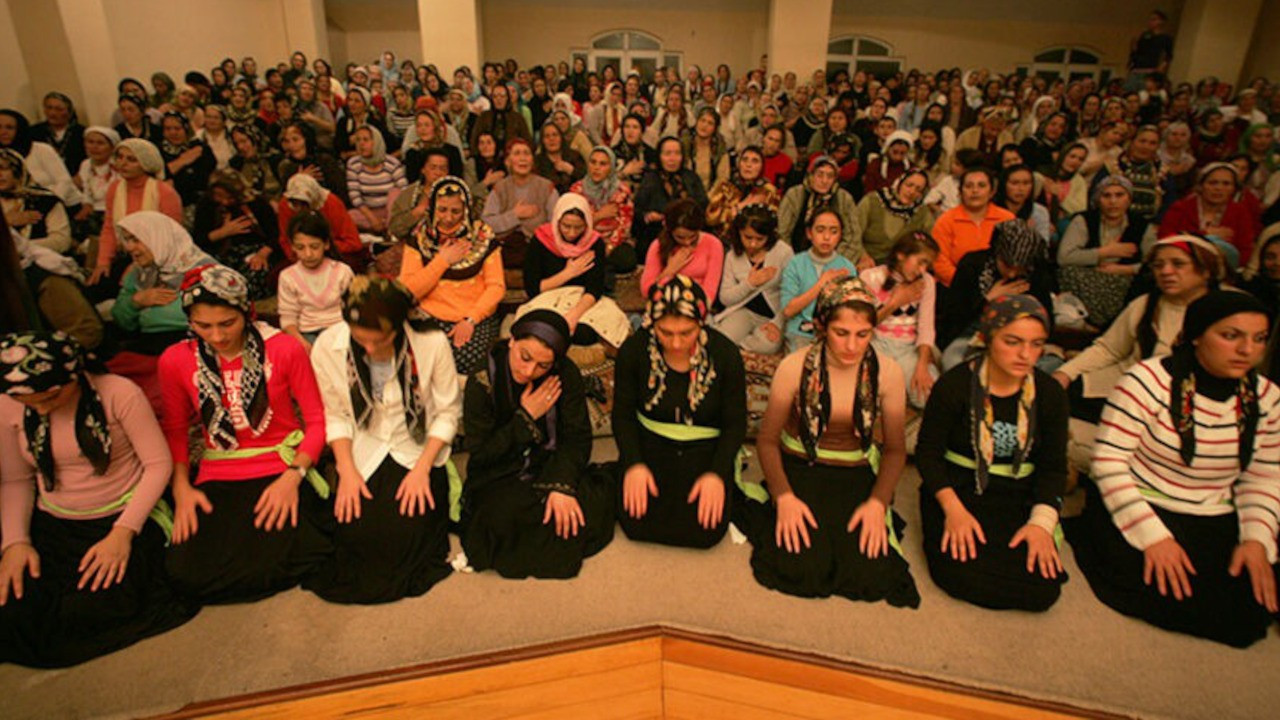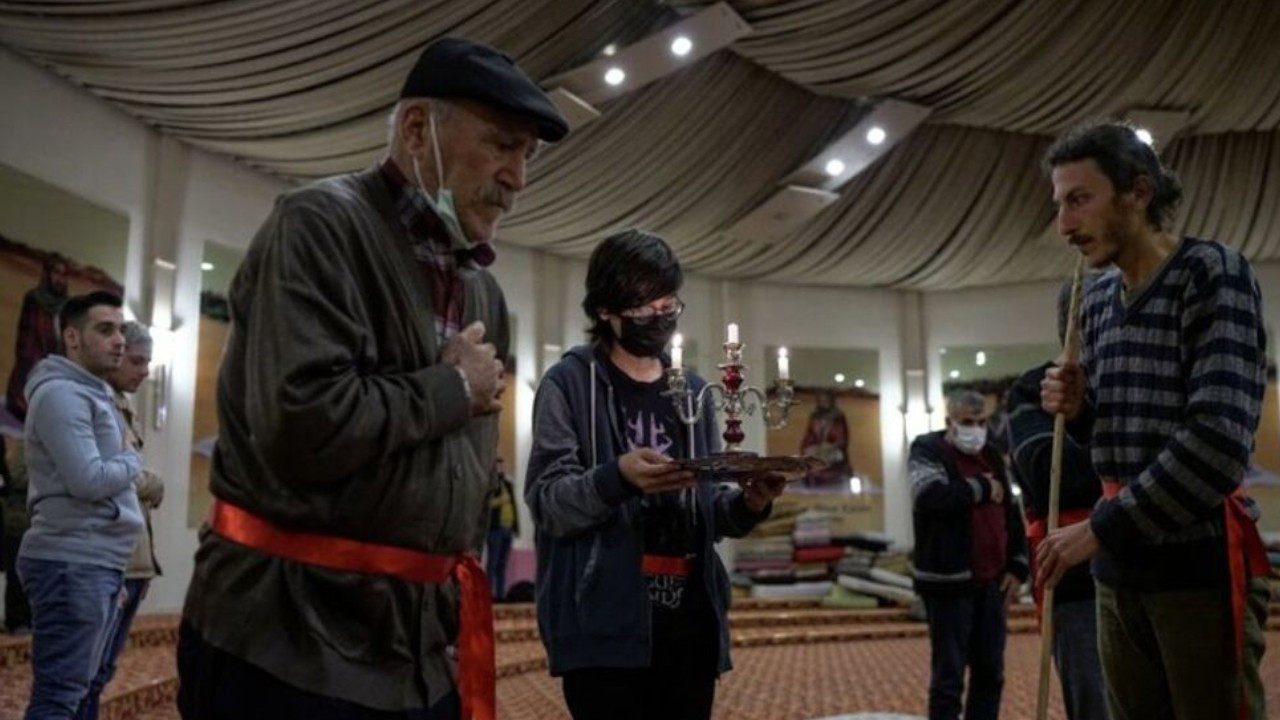Electricity company deems cemevi 'commercial user,' overcharges it
The company that provides electricity to Istanbul's European side has considered an Alevi house of worship (cemevi) as a “commercial consumer,” doubling its bill. The cemevi was asked to pay 30,060 liras for its electricity use in January.
Duvar English
The CK Boğaziçi Electricity Distribution company has deemed an Alevi house of worship (cemevi) in Istanbul's Küçükçekmece district a “commercial user,” as a result of which the cemevi's bill was doubled.
The cemevi was asked to pay 30,060 liras for its electricity use in January.
In Turkey, commercial users are charged a higher price for electricity than residential users.
Celal Fırat, the chairman of the Board of Garip Dede Culture and Cemevi Association, shared the bill on Twitter. Fırat said they condemn the mentality that sees cemevis as business establishments.
“Unfortunately, in this country, they are trying to make only the Alevis pay the price of their beliefs, both materially and morally. Let every penny of our taxes be haram for you,” Fırat tweeted.
Cemevlerimizi ticarethane olarak gören zihniyeti kınıyoruz.
— Celal Fırat (@CelalFrt) February 2, 2022
Bu ay Dergahımıza 30.000 TL elektrik faturası geldi. Ne yazık ki bu ülkede sadece biz Alevilere inançlarının bedelini hem maddi hem manevi olarak ödetmeye çalışıyorlar.
Verdiğimiz vergilerin her kuruşu size haram olsun… pic.twitter.com/ouNZIs5ERu
Fırat also shared the bill of natural gas for the cemevi which amounted to 11,847 liras.
Main opposition Republican People’s Party (CHP) deputy Tuncay Özkan also shared the bill on his Twitter account.
“Expenses for the worship centers of Alevis are not covered by the state. We submitted proposals [in parliament] and they were rejected. [Ruling Justice and Development Party] AKP collects taxes, but discriminates when it comes to meeting needs. I condemn it,” Özkan tweeted.
Aşağıdaki 30 bin TL'lik elektrik faturası Garip Dede Cemevi'nin. Alevilerin inanç merkezlerinin elektrik vb. giderleri devlet tarafından karşılanmıyor. Önergeler verdik reddedildi. Vergilerini almaya gelince alan AKP, ihtiyaç karşılamaya gelince ayrımcılık yapıyor. Kınıyorum. pic.twitter.com/kWKlz51Zmo
— Tuncay ÖZKAN (@ATuncayOzkan) February 2, 2022
The Turkish state does not pay the bills of cemevis, although it covers the bills of mosques through the budget allocated to the Directorate of Religious Affairs (Diyanet).
Alevis make up an estimated 15-25 percent of Turkey’s population, the second main religious group after Sunni Islam. Despite the fundamental differences in religious practices between the two groups, the Turkish government to-date refuses to acknowledge Alevi cemevi as the legitimate place of worship and to grant cemevis the same financial support as mosques. Instead, Turkey claims that cemevi is a cultural entity.

 AKP municipality's plan to build mosque next to cemevi dangerous, opposition warnsDomestic
AKP municipality's plan to build mosque next to cemevi dangerous, opposition warnsDomestic Erdoğan faces uphill bid to woo Turkey's large Alevi minorityHuman Rights
Erdoğan faces uphill bid to woo Turkey's large Alevi minorityHuman Rights